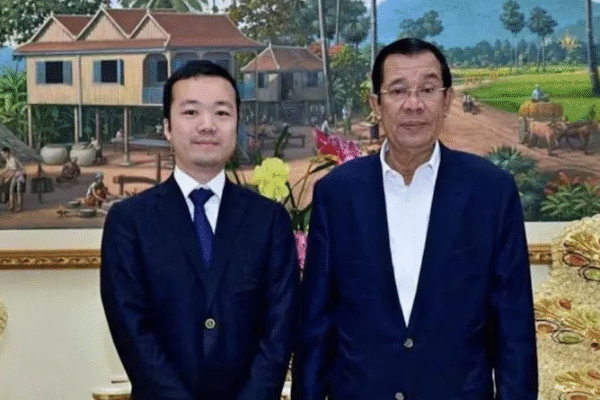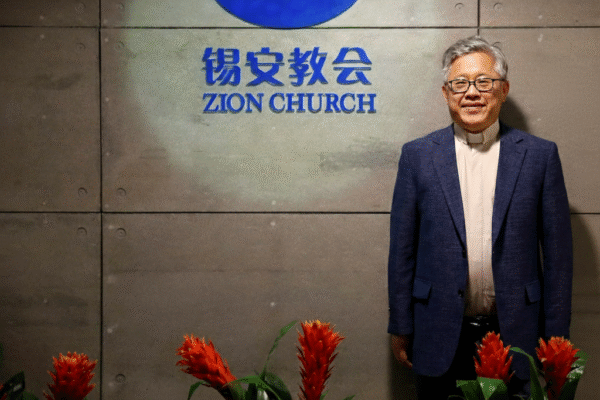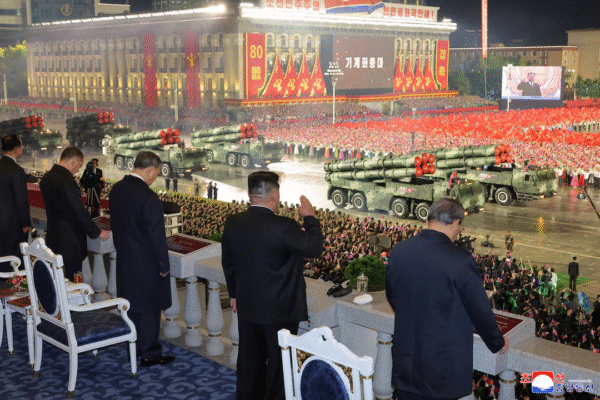A military strike on Monday night hit a group in central Myanmar’s Chaung U township who were gathered to mark the Thadingyut full moon festival and to demonstrate against the military junta that rules the country. Video: Myanmar junta bombs full moon gatheringThe attack killed at least 20 people, according to a Reuters report that cited an eyewitness, the human rights group Amnesty International, and members of the shadow National Unity Government and an armed resistance group in the area. An event organizer told Agence France-Press that 40 people were killed, including children, while 80 others were wounded. Screams for help could be heard in bystander video taken at nighttime after the attack, which also showed a burning fire. Another video, recorded in daylight, shows a building that was destroyed and a young man who said he was collecting body parts in the attack’s aftermath. Hundreds of people had been gathered for the event when the bombs struck after 7 p.m., a member of the committee that organized the event said. She was not at the scene, but she attended funerals on Tuesday. “The committee alerted people and one-third of the crowd managed to flee,” she told AFP. “But immediately, one motor-powered paraglider flew right over the crowd,” dropping two bombs in the middle of the gathering. “Children were completely torn apart,” she said. This image courtesy of Yebaw Hlyat Cee taken on October 7, 2025 shows damage to vehicles next to the site of a military strike in central Myanmar’s Chaung U township.(Yebaw Hlyat Cee, Facebook via AFP) Paramotors, or motor-powered paragliders, are used by one or two soldiers to drop explosives, to fire weapons, or to conduct low-altitude surveillance, according to the Armed Conflict Location & Event Data Project. The junta has expanded their use this year, the group said. Amnesty International said that Myanmar’s ruling junta is taking advantage of reduced international scrutiny “to carry out war crimes with impunity.” “As the military attempts to solidify power with a stage-managed election later this year, it is intensifying an already brutal campaign against pockets of resistance,” Joe Freeman, Myanmar researcher for Amnesty International, said in a statement. Myanmar’s military leaders, who have ruled the country since the 2021 coup that overthrew the last elected government and kicked off a brutal civil war against rebel groups, have framed the upcoming election, set for Dec. 28, as a transition point. Critics say the election is a sham aimed to keep the military in power. Before it was shuttered in May, RFA’s Burmese Service reported daily on a steady drumbeat of bombings by the junta. Among the service’s final stories in English were bombings of a rebel-controlled village in western Myanmar that killed more than a dozen people; a school in central Myanmar, killing at least 20 students; four insurgent-controlled villages in northern Myanmar; and a strike on villages in southeast Myanmar that destroyed a hospital and forced 8,000 people to flee their homes. Includes reporting from Agence France-Presse and Reuters. We are : Investigative Journalism Reportika Investigative Reports Daily Reports Interviews Surveys Reportika







